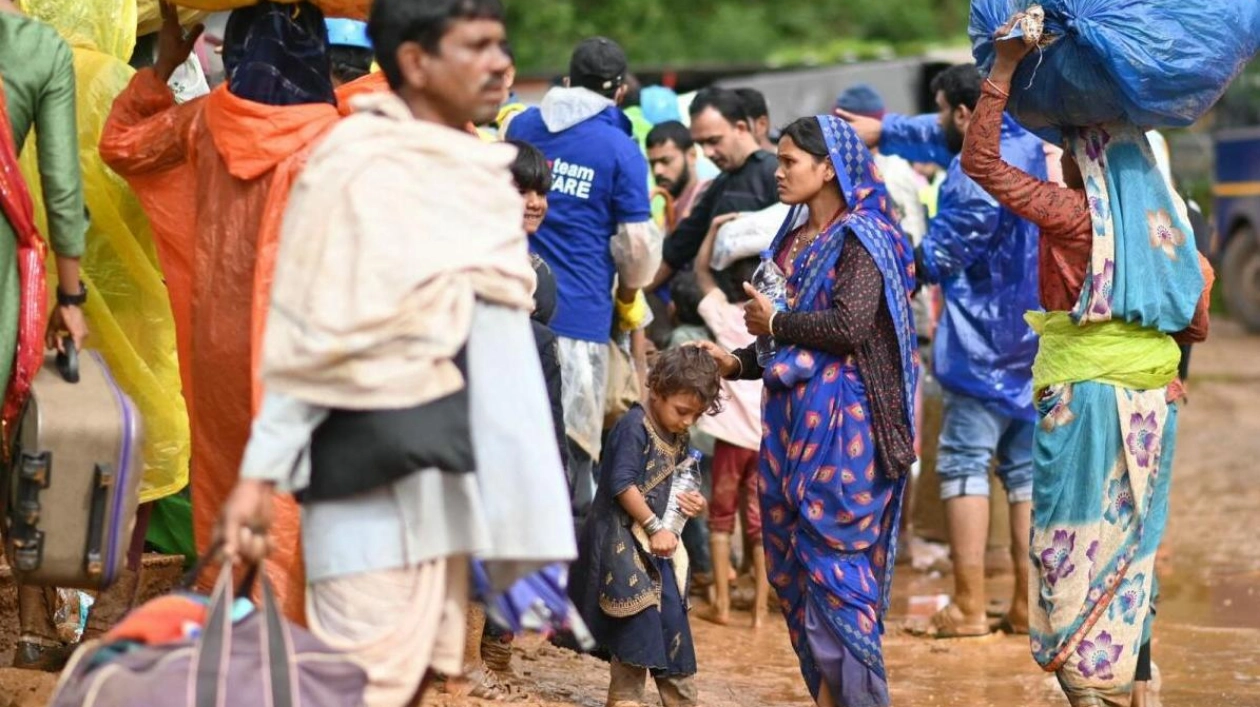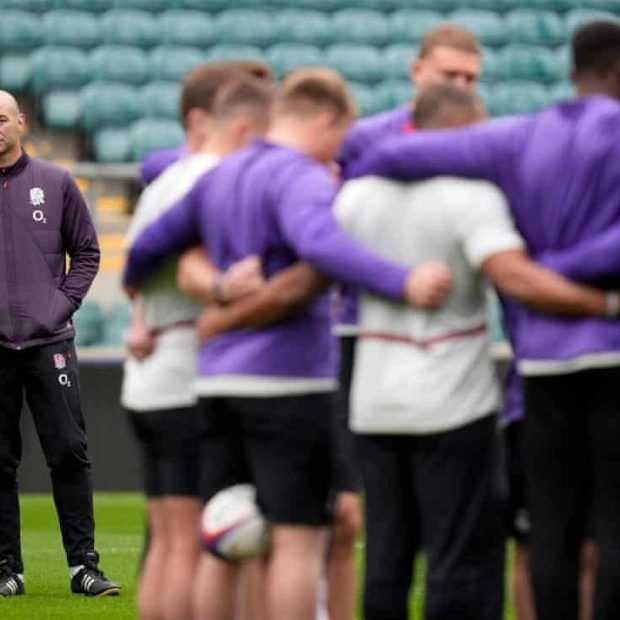The rumble of the earth's movement jolted manual laborer Abdul Kareem and his wife from their sleep, enabling them to flee just in time before their Indian village was inundated by mud. Standing outside a clinic struggling to cope, he watched as bodies were continuously brought in by rescue teams, harboring no hope that his relatives and neighbors had escaped the disaster.
"My wife's father struggles with walking," Kareem confided to AFP. "I phoned my sisters the night prior; they were at home and got caught in the calamity." He added, "We have no hope. The situation is dire." Kareem, aged 52, suspects that over a dozen family members in the area perished among the at least 150 victims of the landslides that struck their secluded part of Kerala's coastal region early Tuesday morning.
Several homes were entombed beneath mud and rubble, while others were consumed by the furious floodwaters, displaced by massive amounts of rock and soil. Wayanad district, celebrated for its verdant tea plantations, is accustomed to flooding during the peak of the monsoon season when relentless rains persist for days.
Kareem recounted his annual routine of seeking temporary refuge with relatives when the Iruvazhinji river overflows and partially floods his home. "But this year was catastrophic," he lamented. Along with hundreds of other distressed residents, Kareem kept a sleepless watch outside the Meppadi clinic, which had been converted into a triage center and a temporary mortuary.
Crowds pressed around ambulances, with family members straining to glimpse familiar items of clothing or jewelry beneath the sheets covering the deceased. A group of volunteers labored to clean the mud-covered remains brought in for identification. Arun Dev, a local resident who assisted the overburdened medical staff, described how the floodwaters overpowered many who had initially escaped the landslides.
"Those who escaped were carried away along with houses, temples, and schools," Dev explained to AFP. He also mentioned the grim find of dismembered body parts several miles downstream from the disaster area. "It's going to be grim for the next few days," he predicted. The sole bridge connecting the hardest-hit villages of Chooralmala and Mundakkai was destroyed, forcing rescue teams to use ziplines to transport bodies out of the area.
Military personnel, firefighters, and volunteers have rescued hundreds, while over 3,000 are seeking refuge in nearby relief camps. Tea plantation worker Kedarbai described how the landslide's roar awakened her, allowing her to escape with her child before their bedroom was engulfed by mud. "It sounded like a massive explosion," the 30-year-old, known by one name, recounted to AFP. "We weren't sure what was going to happen to us. We're incredibly fortunate to be alive."






